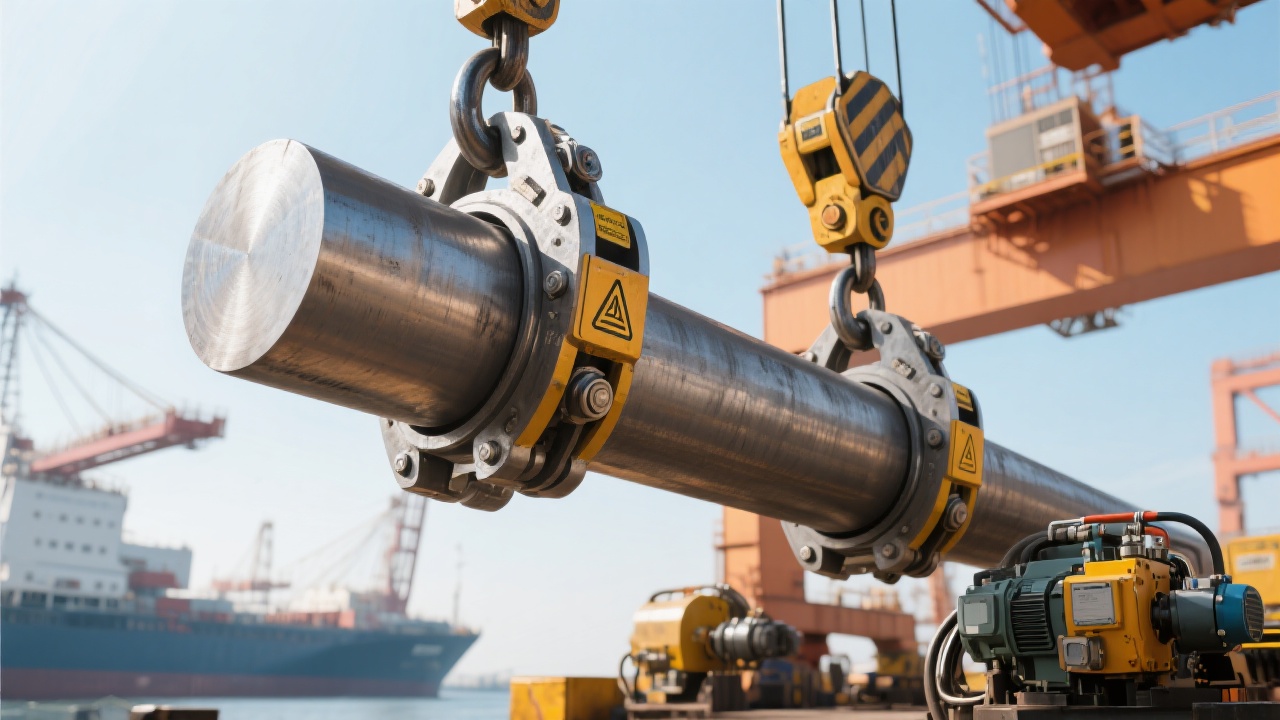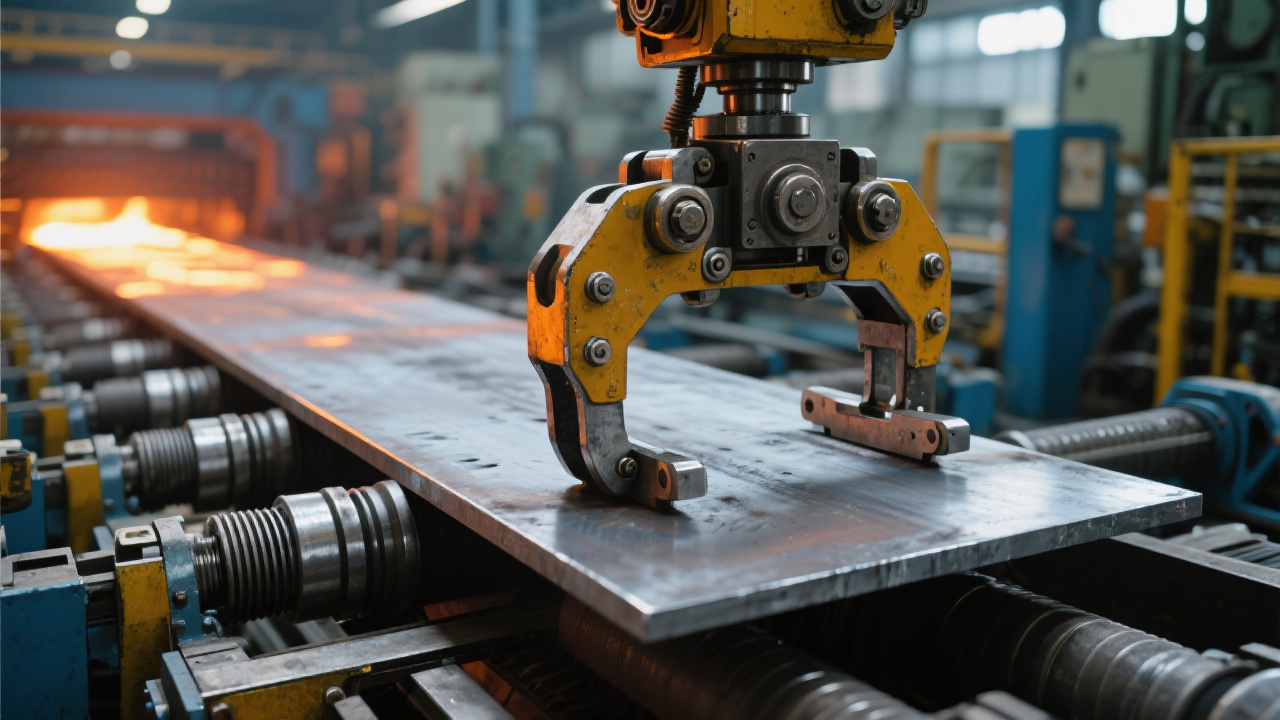
Steel production facilities face constant pressure to maintain throughput while minimizing downtime and safety risks. In hot-rolling mills—where plates can weigh up to 20 tons and reach temperatures exceeding 900°C—traditional manual or semi-automated lifting methods often fall short. According to a 2023 study by the International Iron & Steel Institute, inefficient handling contributes to an average of 7–10% lost productivity per shift in mid-sized steel plants.
Operators using standard hooks or cradles struggle with uneven weight distribution, slippage during transfer, and frequent adjustments. These issues not only slow down operations but also increase the risk of accidents—especially when handling hot, heavy plates. A survey from the Occupational Safety and Health Administration (OSHA) found that over 40% of crane-related incidents in metal processing plants stem from improper gripping tools.

Dalian Tiding Heavy Industry’s custom-designed clamps integrate a dual-stage mechanical transmission system that ensures even pressure across the entire contact surface. Unlike generic clamps that rely on spring tension alone, these units use a lever-based force amplification design—reducing operator fatigue and increasing stability by up to 65%, as validated in field tests at a major Chinese mill.
| Feature | Impact |
|---|---|
| Adjustable jaw width (500–2000 mm) | Supports 90% of common plate sizes without tool change |
| Heat-resistant coating (up to 800°C) | Extends service life by 3x vs. untreated steel |
| Low-maintenance design | Reduces maintenance costs by ~$2,500/year per unit |
A case study conducted at a Tier-1 steel plant in Shandong showed a measurable impact after implementing the custom clamps:

These results highlight why this solution is becoming the ideal choice for forward-thinking steel producers who prioritize both operational efficiency and worker safety. Whether you're managing a single rolling line or a multi-line facility, the ability to precisely match your equipment to specific plate dimensions—and do it reliably—is no longer optional.
We invite you to share your own experience: What challenges have you faced in steel plate handling? How did you overcome them?

